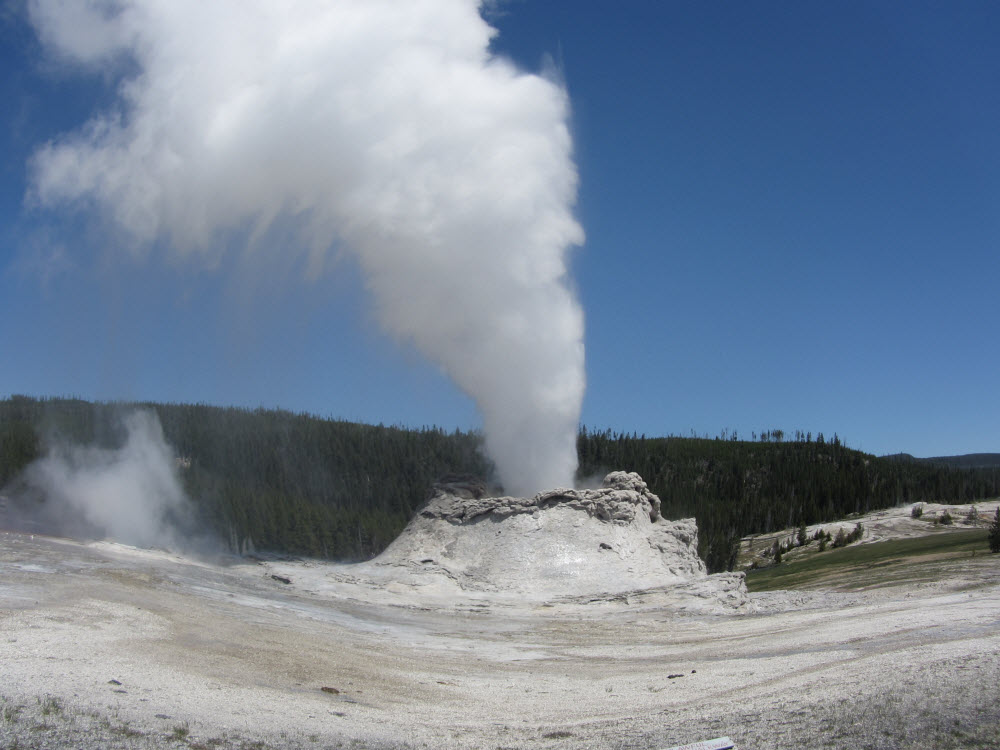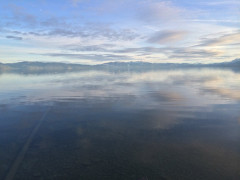If everything is in common according to natural law, how can there be private property? This is the first objection to private property that Aquinas poses and considers.
This is a continuation of my commentary on Thomas Aquinas’s views of private property in Article 2, Question 66 of Summa Theologiæ. ST II-II, 66, 2 [ST 2a2æ 66, 2]. The posts in sequence are: 1) Article 1 Text and Commentary 2) Article 2 Text and Prologue 3) Objection 1 to Private Property (this post) 4) On relationship of Natural Law and Human Law 5) Objection 2 to Private Property 6) Objection 3 to Private Property 7) Aquinas’s Views of Private Property 8) The First Human Competence: Care and Commerce 9) The Three Reasons Private Property is Necessary 10) The Second Human Competence 11) Reply to Objection 1: All Things in Common 12) Reply to Objection 2: Analogy of the Theater 12) Reply to Objection 3: Over consumption is robbery
Objection 1: It would seem unlawful for a man to possess a thing as his own. For whatever is contrary to the natural law is unlawful. Now according to the natural law all things are common property: and the possession of property is contrary to this community of goods. Therefore it is unlawful for any man to appropriate any external thing to himself.
Aquinas does not attribute the first objection to a specific authority which is perhaps not surprising since it is the most radical claim possible: that private property is unlawful or illicit because by nature everything was given in common. [1]As discussed previously, the term translated here as “unlawful” is translated as “illicit” in the Blackfriars translation. He will ultimately conclude that this is not the case. Though everything is in common according to natural law, he will reason that not only is it permissible to have private property, but that there are persuasive and important imperatives why private property should exist. Before arriving at that position, however, he considers what seems to be a very strong argument against that position:
Is Private Property against Nature and Natural Law?
If according to natural law everything is common, would it not be contrary to natural law to have private property? Isn’t private property the opposite of what natural law prescribes? On the face of it, this seems like an intuitive and straightforward conclusion from the starting assumption.
This objection takes us to the heart of the question of how natural law relates to other forms of law. If something is not in the natural law, can it be legal and part of the human law? And if so, how does it avoid being “unnatural?” These are very important questions if we are to fully grasp Aquinas’s theory of private property. While a full discussion of this topic is beyond the present scope, a discussion of the relationship of natural law and human law in general can be found here for those who want to think more deeply about this topic.
In brief, Aquinas says that human law is the logical and reasoned extension of natural law, which is the eternal law imprinted on the human being. Natural law provides the assumptions which human reason extends and supplements and from which human law develops. Those things which are unnatural or perversions of nature are contrary to natural law. Thus sin and vice are against natural law whereas virtue is the logical extension and object of the natural law.
To return to the specific question at hand, if the natural law indicates that the world was given in common, can humans create private property or is that a perversion of nature? This will be a key question that Aquinas must answer in order to satisfy us that private property is legitimate and a reasonable extension of what’s natural. To make that argument he will have to give reasons why private property does not pervert the idea of the commons.
We shall see that Aquinas in his answer does in fact offer a number of reasons why private property is beneficial and even virtuous, drawing heavily from Aristotle’s Politics. And thus the burden of this Article 2 on private property will be to show that there are right reasons for private property and that private property is an appropriate extension of nature, not an unnatural perversion of it.
We shall wait until we see those reasons before asking the deeper more pressing question before us: how self-evident is the definition of the natural? To put it more bluntly from today’s perspective, why is homosexuality seen as self-evidently unnatural to Aquainas whereas private property is seen as based on right reason, and not “unnatural” as a violation of the common nature of property. To many of us today, the very matter of what constitutes naturalness and unnaturalness is precisely what is problematic and in question. Or to put it another way, if right reason can make arguments for limits on private property, how would those affect Aquinas conclusions? But we are getting ahead of ourselves and ahead of Aquinas’s answer.
We turn now to the second objection Aquinas raises to the legitimacy of private property.
Next Up: Second Objection to Private Property
References
| ↑1 | As discussed previously, the term translated here as “unlawful” is translated as “illicit” in the Blackfriars translation. |
|---|




